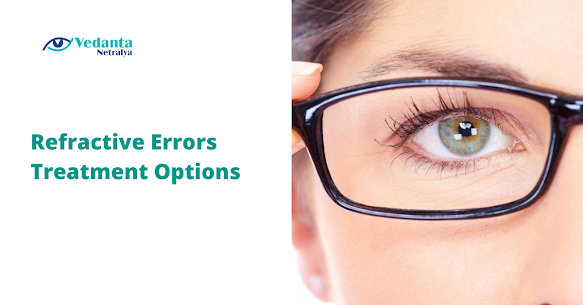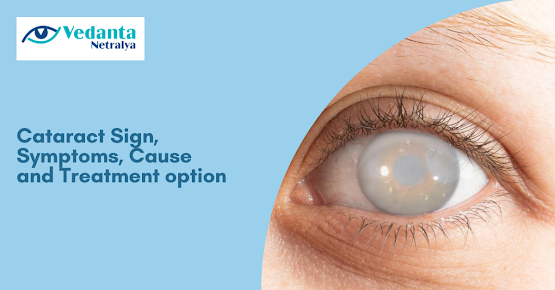Refractive Errors Treatment Options

Did you know that almost everyone has a refractive error? In fact, it's so common that most people don't even know they have one. Refractive errors are basically problems with the curvature of your eye. This can cause problems when trying to see clearly, especially when looking at distant objects. Luckily, there are a few treatment options available for correcting refractive errors. Keep reading to learn more about them! 1. Glasses or contact lenses The most common treatment for refractive errors is glasses or contact lenses. These work by correcting the way light enters your eye, which in turn makes objects appear clearer. If you wear glasses, you'll need to have an eye exam every year or two to make sure your prescription is up-to-date. Contact lenses require a bit more care, but they can be a great option for those who don't want to wear glasses all the time. 2. Refractive surgery If you're tired of wearing glasses or contact lenses, you may want to consider...



